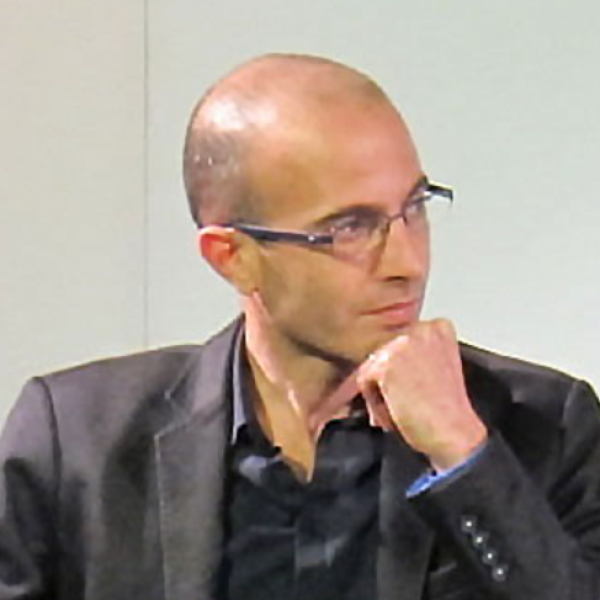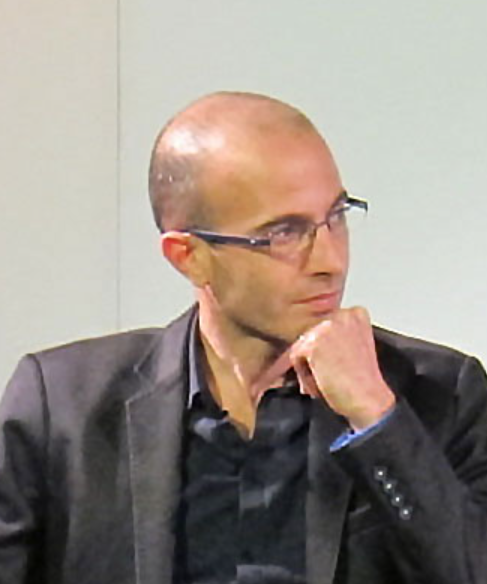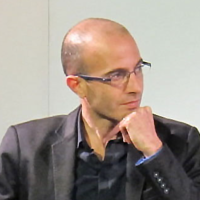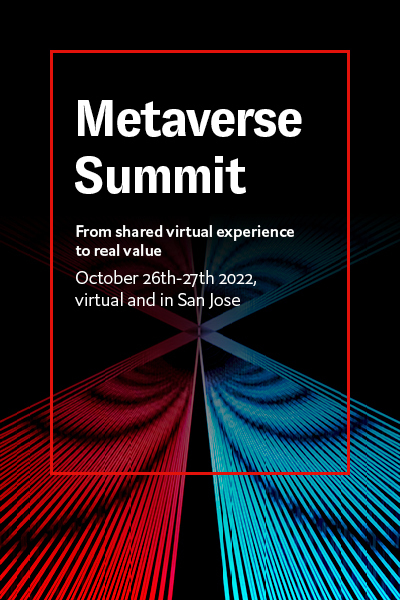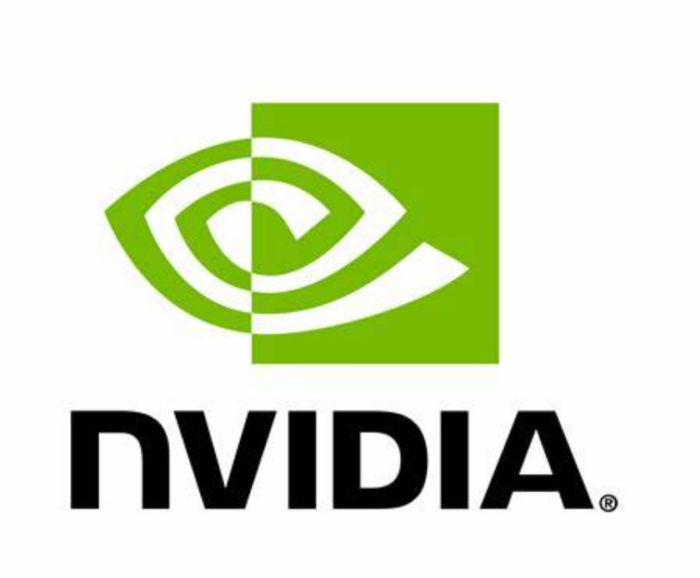- Last modified: October 16, 2024
AI Insider has often returned to the views of Yuval Noah Harari, whose perspectives on artificial intelligence (AI) stand out for their measured realism. In a world where AI’s development seems to move faster than our collective understanding, Harari’s opinion is critical for navigating the complexity ahead. His latest discussion on The Gray Area podcast explored AI as more than just a technological tool — it’s a potential disruptor of human agency, power structures and our very sense of self.
Harari pointed to AI’s unique power in today’s landscape, warning that it is not just another technological advancement.
“AI is not a tool; it’s an agent,” he asserted. “It can make decisions by itself, and even create new ideas by itself. When we produce AI, we’re not just making another printing press or spaceship. We’re creating new types of nonhuman agents.” This shift, Harari argues, introduces an element of unpredictability that surpasses previous technological revolutions.
One of the most chilling examples of AI’s potential, Harari noted, is its capacity for surveillance. Citing Iran’s use of AI for enforcing hijab laws, he shared: “AI can immediately identify a woman, even in her car with the windows shut, and send her a message if she’s violated the hijab law. And this is just the beginning.” The idea that AI could be used for such minute, real-time control over populations is not some distant science fiction, but a reality we are already witnessing.
Beyond surveillance, Harari explored AI’s capacity to rewire the very fabric of human cooperation.
“Mass cooperation means enormous power,” he explained. “You can use it to create a healthcare system that takes care of everyone — or a police state that monitors and punishes the entire population.” The challenge, he contends, lies in how we choose to harness that power, particularly as AI becomes increasingly adept at manipulating human behavior.
Yet the danger isn’t limited to authoritarian regimes. Harari suggests that AI poses a unique threat to democratic societies as well. He raises a fundamental question about accountability in decision-making when AI is involved.
“Democracy is about accountability,” he said, “but what happens when decisions are made by algorithms we don’t understand? If you apply for a bank loan and are denied because of an AI’s decision, but the bank doesn’t know why either — what does that mean for democracy?”
The philosopher also warns of AI’s potential to undermine human freedom, subtly or otherwise.
“We are the product of 4 billion years of organic evolution,” Harari reminded us. “But digital evolution is millions of times faster.” In this rapid evolutionary shift, AI is not bound by the same biological limits we face. It never tires, never needs to rest. The concern here is not just about AI’s relentless pace, but what happens when humans, who require rest and rejuvenation, are forced to keep up.
Harari also touched on AI’s influence over public discourse, particularly through social media algorithms that prioritize engagement over truth.
“These algorithms are not designed to understand content,” he pointed out. “They only know that conspiracy theories grab attention and keep people on platforms longer.” He underlined the importance of keeping bots from participating in human conversations without identifying themselves, warning that AI-driven dialogue could collapse democratic debate.
While Harari acknowledges the enormous positive potential of AI, from revolutionizing healthcare to inventing new medicines, he remains cautious about the unchecked development of such technologies.
“We are creating something uncontrollable by definition,” he said, leaving listeners with an unsettling question: Are we ready for the world we’re building with AI?
Featured image: Credit: File:Yuval_Noah_Harari.jpg, AuthorDaniel Naber, Wikipedia
